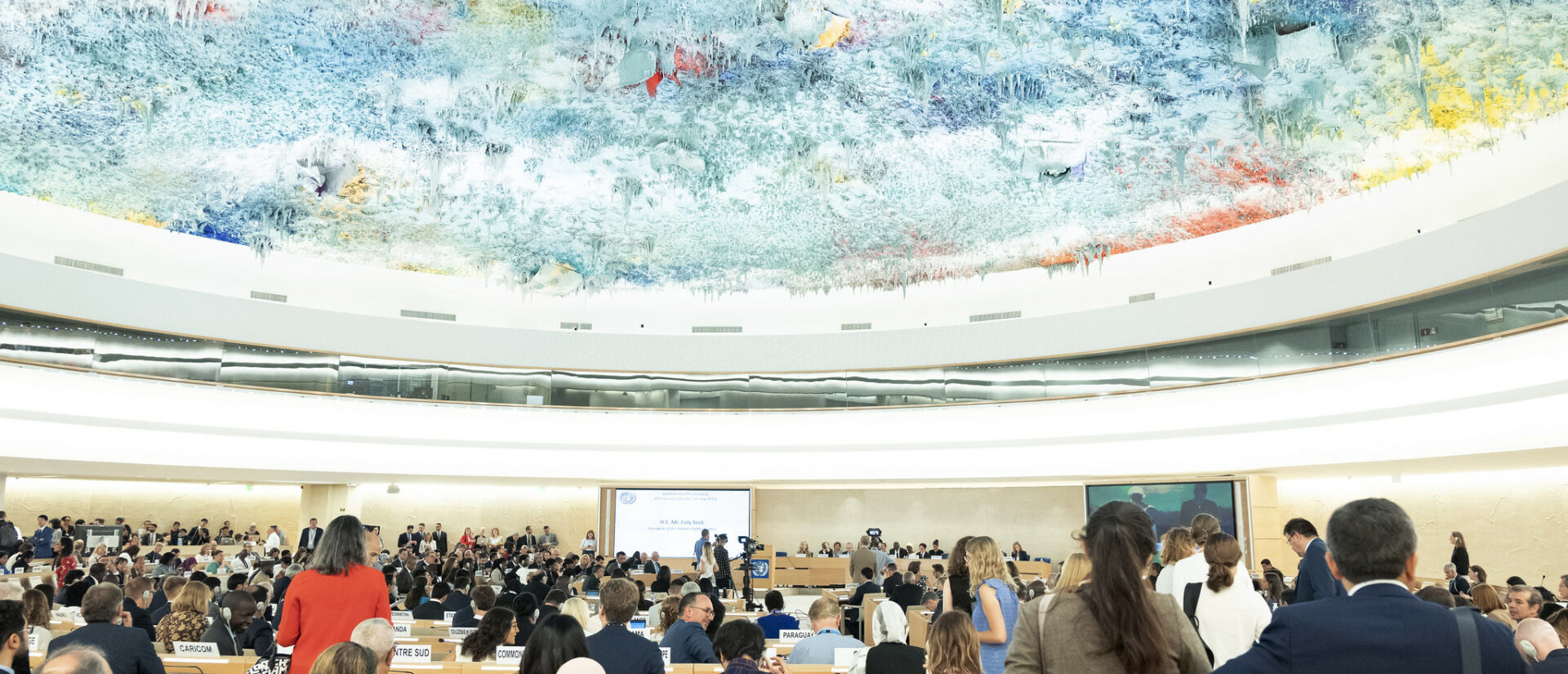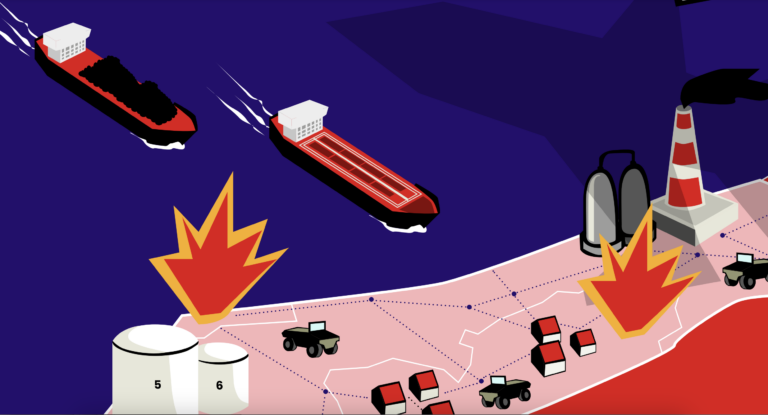
The Netherlands must ensure that human rights prevail over business
This week there are two important United Nations assemblies. The UN Human Rights Council will be meeting in Geneva to negotiate a binding business and human rights treaty. Meanwhile, in Vienna, the UN Commission on International Trade Law will be holding talks to renegotiate the controversial system of investment arbitrage (ISDS). The Netherlands will be present at both of these assemblies, but it would seem that business privileges are considered to be a higher priority than the protection of human rights. This should not be the case.
This content is available after accepting the cookies.
View on Youtube. Opens in a new window
Move Towards a Ground-Breaking Treaty
As Dutch consumers, we have been made aware of how our clothes, food, mobile phones, fuel and other everyday products are connected to exploitation, deforestation, land grabbing and pollution. But the complete lack of any binding international regulations to prevent this from taking place or to hold businesses responsible is something we do not hear so much about.
In 2014, the UN Human Rights Council made a resolution to do something about this. A group was tasked with developing a binding UN treaty to offer people better protection against violations of human rights by businesses. This treaty was particularly important for member states in the developing world, which often find themselves bearing the burdens of globalisation whilst not reaping any of the rewards. A second round of negotiations will be starting in Geneva next week; there is already a revised draft on the table.
Re-cap: negotiations over the Zero Draft of a binding treaty on business and human rights
Are Businesses Above the Law?
The Netherlands and the EU have been in favour of self-regulation by multinationals for many years. The current voluntary initiatives are often presented as suitable methods for counteracting long-standing problems such as human rights violations, deforestation and pollution. But when multinationals do cause damage, it is the job of local governments to ensure that victims are compensated. This is all very well in theory, but the fact is that multinationals often wield a great deal of power over local governments; those who speak out in defence of human rights often put themselves at risk of retaliation.
At treaty negotiations in Geneva, European member states support a common European stance. Without actually making any substantive contribution, the EU highlights objections to the negotiation process and pledges to do more to strengthen the existing (voluntary) regulations. GroenLinks, the SP and the PvdA want to see a UN treaty and they want the Netherlands to be actively involved, but minister Kaag wants to agree on a negotiating mandate first. This is unsatisfactory: the Netherlands is already in a position to make a substantive contribution.
ISDS as a Weapon of Power
At the same time, the Netherlands ardently negotiates trade and investment treaties within the EU, including the infamous ISDS provisions. These allow foreign investors to sue governments – outside of national legal systems – for introducing measures that risk damaging the profitability of their investments. Damage claims for policies which have been put in place to protect the environment, public health and human rights can amount to billions, giving businesses a powerful tool to put governments under pressure to weaken or withdraw policy measures. The Netherlands may soon be confronted with the ISDS for the first time – the German energy company Uniper is threatening to make an ISDS claim should the Dutch Senate approve the prohibition of the use of coal in electricity production.
The Netherlands has given the European Commission a mandate to negotiate for a multilateral investment court in Vienna. This would lead to some procedural improvements, but the most significant objections to the ISDS remain: the court would only be accessible to foreign investors, would omit national legal systems and would allow businesses to retain far-reaching, binding rights whilst at the same time avoiding obligations. Many developing countries would like to change this.
Huge Opportunity
Our businesses are protected against unreliable legal systems, but citizens have to look out for themselves. It is high time that this fundamental injustice was addressed. The UN assemblies next week offer the Netherlands and the EU a great opportunity to redress the balance between the rights and the obligations of transnational companies and to safeguard the primacy of human rights.
Do you need more information?
-

Bart-Jaap Verbeek
Researcher -

Lydia de Leeuw
Researcher
Related news
-
 The hidden human costs linked to global supply chains in ChinaPosted in category:News
The hidden human costs linked to global supply chains in ChinaPosted in category:News Joshua RosenzweigPublished on:
Joshua RosenzweigPublished on: -
 The power to extract value from the value chainPosted in category:Long read
The power to extract value from the value chainPosted in category:Long read Rodrigo FernandezPublished on:
Rodrigo FernandezPublished on: -
Powering injustice Published on:
 Lydia de LeeuwPosted in category:Publication
Lydia de LeeuwPosted in category:Publication Lydia de Leeuw
Lydia de Leeuw

